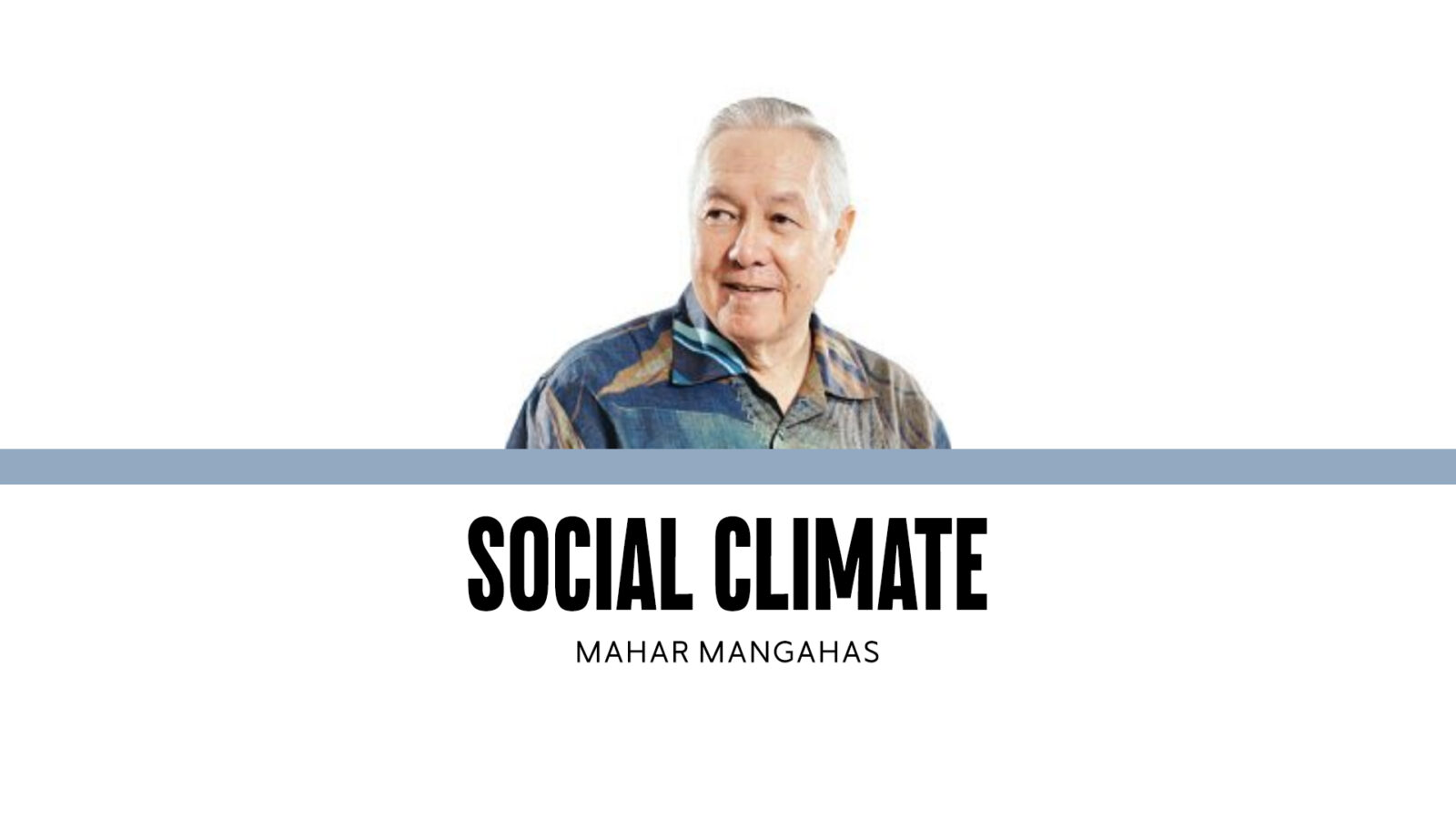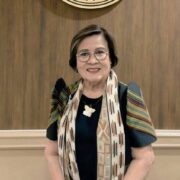The lurching economy

The economy should not be depicted as a machine, churning out goods and services inanimately. I think of the economy as a collection of living people, who individually aim to better their quality of life, but whose movements are independent and uncoordinated.
Economic progress in a given period is more meaningfully monitored by counting the numbers of Filipinos getting better off and getting worse off—(see “How many Filipinos progress?,” 9/06/25)—than by counting the money value of what Filipino entities produce in that period, which is the definition of the gross national product (GNP).
Whenever Filipinos are asked to consider whether the past 12 months have been favorable or unfavorable to their well-being, some say they got better off; let’s call them Gainers. Then some say they got worse off; let’s call them Losers. And most—at least a plurality, if not the outright majority—say that their quality of life has stayed the same as a year ago.
Lurching forward has been relatively rare. The number of people in these three groups fluctuates constantly. In periods when Gainers clearly outnumber Losers, the people are advancing economically. I use the term “clearly” if the Gainers are ahead by at least 10 percentage points, i.e., they have a double-digit lead over the Losers, in the period, to be sure it’s not a mere random error.
But, as a matter of fact, this happened only 18 times in 163 national surveys in the Social Weather Stations (SWS) archives, from 1983 to the present, even though the GNP per capita grew annually throughout. This means that the national economy lurched forward in only 11 percent of the recorded cases; and there are many more subnational cases in the archives. Fortunately, however, these forward lurches are much more common recently than four or three decades ago.
Lurching backward, on the other hand, has been very common. In periods when Losers clearly outnumber Gainers, the economic situation of the people is retreating. This has happened in 99 surveys so far, or in 61 percent of the cases; in short, the economy lurched backward three-fifths of the time.
Historically, therefore, the great majority of the lurches have been retreats. And the pandemic years of 2020 to 2021 were absolutely catastrophic. Thankfully, most of these retreats happened over two decades ago, and have been getting more seldom.
Staying in place has happened about one-fourth of the time. When neither Gainers nor Losers dominate by more than a single-digit percentage, the mass of people are simply maintaining their position; this happened in 46 national surveys, or 28 percent of the time. In particular, the economy held steady in the third quarter this year, after having advanced in the second quarter. (“Gainers minus Losers at -2 in September 2025, down from +12 in June 2025,” www.sws.org.ph, 11/24/25 has the charts and tables supporting all the numbers cited here).
Recent geographic changes. In the third quarter, the economy stayed in place in all four SWS study areas, with the newest percentages of Gainers minus Losers at single digits in the National Capital Region (-8), Balance Luzon (-4), Visayas (+1), and Mindanao (+3). All parts of the country experienced comedowns in September, compared to June— by 18 points in NCR, from +10; by 10 points in Balance Luzon, from +6; by 21 points in the Visayas, from +22 (the most disappointing!); and by 13 points in Mindanao (from +16). These relationships of these changes to events–particularly the stormy weather–in the said areas should be studied by local experts.
“Catching up” is hard to do. The SWS surveys show that those from self-rated poor families are much less able to become Gainers than those from self-rated not poor families. For instance, last September the Net Gainers score of the SRP was -13, whereas that of the SRNP was +9.
Schooling is another obvious enabler. Last September, the Net Gainers score was an unfavorable -12 among elementary school graduates, compared to a modestly favorable +5 among college graduates.
If the poor always get poorer, and the rich always get richer, social inequality will grow more and more intense, as time goes by.
—————-
Contact: mahar.mangahas@sws.org.ph.
Dr Mahar Mangahas is a multi-awarded scholar for his pioneering work in public opinion research in the Philippines and in South East Asia. He founded the now familiar entity, “Social Weather Stations” (SWS) which has been doing public opinion research since 1985 and which has become increasingly influential, nay indispensable, in the conduct of Philippine political life and policy. SWS has been serving the country and policymakers as an independent and timely source of pertinent and credible data on Philippine economic, social and political landscape.


















